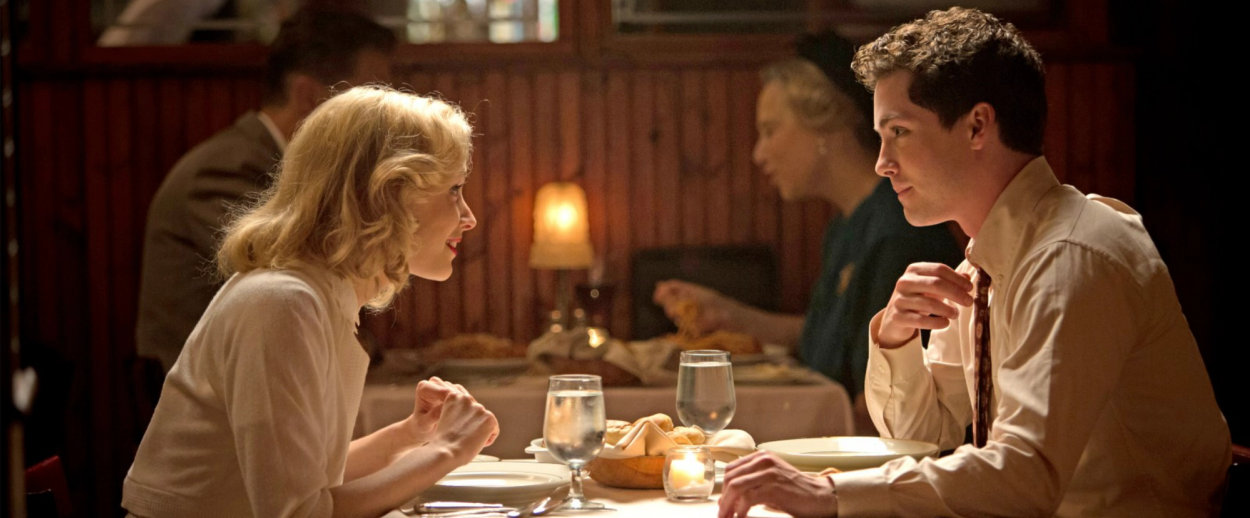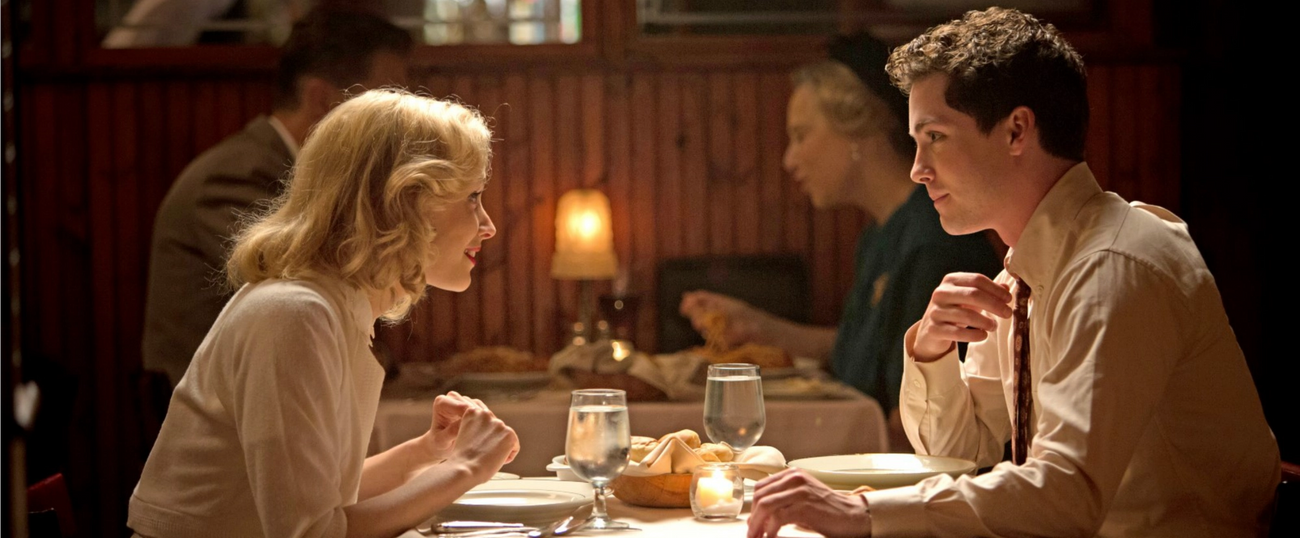Roth on Screen
Here are the five most memorable attempts to adapt the novelist’s work for the cinema (and TV)




Whatever your thoughts may be on the novels of Philip Roth, what we can say for sure is this: He helped shape the 20th century American Jewish narrative. He proliferated a very particular Jewish sensibility in a country that still found it somewhat exotic, the same way Seinfeld helped explain the nuance of Jewish humor to an audience that hadn’t necessarily experienced the Wilder/Lubitsch/Marx brand. In the near 60 year span of his career, Roth’s influence spilled out into the world of film. Here are the best (and worst) movies based on Roth novels.
The Human Stain (1993)
This film has all the creepy but empty eroticism that became a signature of the 1990s. It was intended to be a haunting glimpse into the world of academia and a story of sacrifice and reckoning, but instead devolved into a tug-of-war between bad thriller and bad softcore. Worse yet, this movies is full of mediocre performances by a cast that should have pulled its weight at the Oscars.
Indignation (2016)
This film took a pretty weak book and spun it into a enjoyable film about a Jewish student who feels out of place at his new university and in a country caught up with the Korean War. At school he meets a girl who coaxes him out of a sheltered worldview—something that doesn’t feel like the usual trope of a manic pixie dream girl changing a stuffy young man. Tracy Letts is, as always, compelling and menacing, as if you’d love and hate to be in a room with him. This would be a great airplane movie.
Bored to Death (2009-2011)
Although in no way adapted from a work of Roth’s, this TV show channels his spirit by means of a Jewish writer trying desperately to mask his nebbishyness with hardness. Or, at the very least, this show about a down-and-out writer originally from New Jersey trying to moonlight as a private detective is also the story of a man quibbling with the idea of accidentally playing into the Jewish caricature while nursing a series of totally incongruous impulses. And nothing could be more Roth than that.
Portnoy’s Complaint (1972)
This film stars Richard Benjamin (who also starred in Goodbye, Columbus) lending the film a sense of continuity that many readers already sensed in Roth’s fiction. It is a film about a man who with the ease of a seasoned exhibitionist tells his shrink about the women he has known. This film helped create the flashback storytelling genre, and its screenwriter/director, Ernest Lehman, was also known for his work on so many Hollywood classics like Sabrina and North by Northwest.
Goodbye, Columbus (1969)
Goodbye, Columbus, which is about two students from very different worlds who fall in love one summer break, helped launch a very specific American cinema aesthetic. It gave Ali MacGraw her first major role, which would inevitably lead to her getting cast the 1970 blockbuster Love Story. It was also the first major film produced by Stanley Jaffe, who would go on to produce many iconic movies of the 1970s and 80s, like Fatal Attraction and Kramer vs. Kramer. Goodbye, Columbus is a sweet but difficult movie about love and time.
Alexander Aciman is a writer living in New York. His work has appeared in, among other publications, The New York Times, Vox, The Wall Street Journal, and The New Republic.